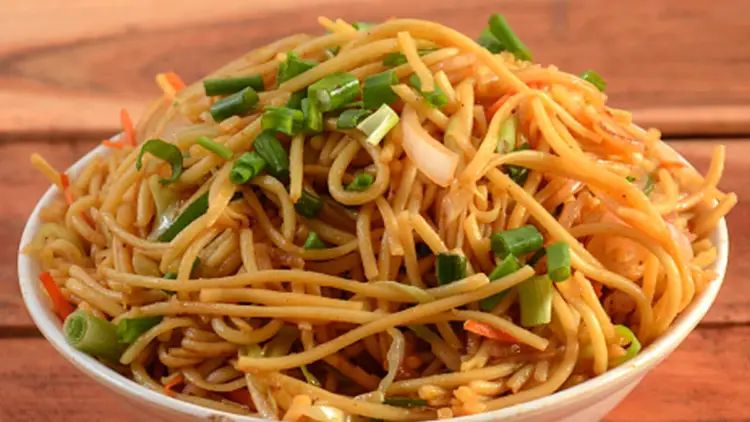Neha Patodia and Nupur Arya of Nutrimend speak about uncontrollable food addiction

just can’t stop thinking about food” It’s a common occurrence to think about food regularly, perhaps even indulge occasionally.
Yet, what happens when thoughts of food become so pervasive that they overshadow nearly every other aspect of your life? When an undercurrent of anxiety is only quelled by eating food? Or when it seems like you don’t have any control over what, when, and how much you eat?
It prompts a question that may linger in your mind: ‘Do I have an addiction?’
The term ‘addiction’ is often tossed around casually, especially when reflecting on our connection with food. However, Beyond the jokes and casual references, there exists a population of individuals who silently suffer and struggle to control their eating habits.
Exploring the concept of food addiction
Food addiction involves emotionally driven, persistent, and uncontrollable urges to eat, even when not physically hungry. Recognising the signs is crucial:
Compulsive Eating: Episodes of overeating to experience pleasure or alleviate negative emotions.
Loss of Control: Persistent struggles to regulate or stop eating, despite the desire to do so.
Cravings: Intense desires for specific foods, particularly those high in sugar, fat, and salt.
Negative Consequences: Continued overeating despite awareness of health, social, or emotional consequences.
Withdrawal Symptoms: Irritability, mood swings, and increased anxiety when attempting to reduce certain foods.
Preoccupation with food: Dominant thoughts interfere with daily activities, focusing on obtaining and consuming food or recovering from overeating.
Is food addiction real?
Even though there is no scientific proof or evidence for this, the idea of food addiction has gained a lot of attention in recent years, especially as obesity rates continue to rise around the world.
Many people struggle with overeating and find it difficult to resist certain foods, leading to a cycle of guilt and shame. The concept of food addiction suggests that there may be a biological explanation for this behavior, and certain foods may be especially “rewarding” to the brain leading to a kind of addiction.





